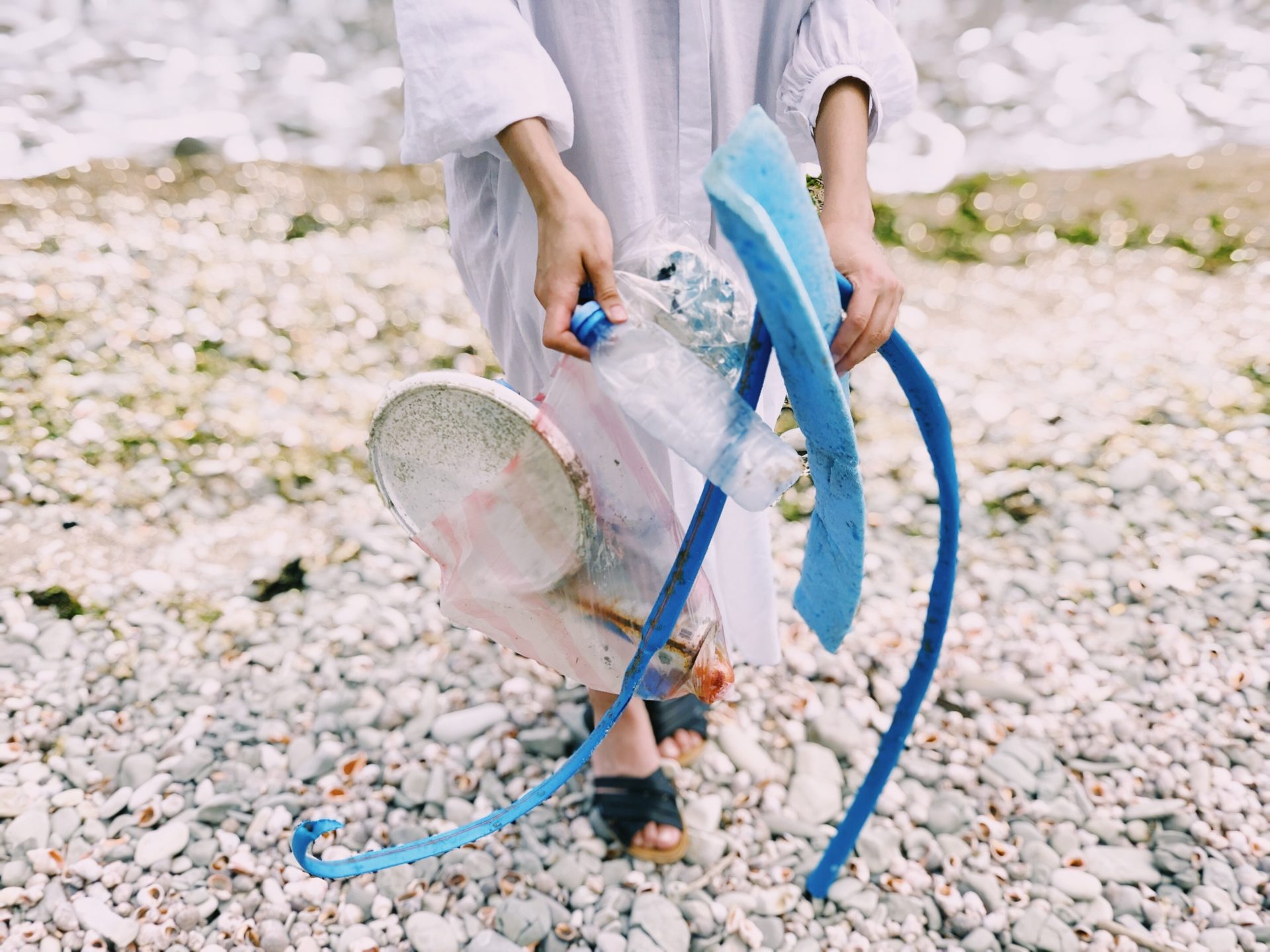
In a victory for the environment, Germany’s Cabinet has voted to ban the sale of single-use plastic in the country by July 3, 2021. This includes the sale of many single-use items such as plastic cutlery, plastic plates, cotton buds, straws, and styrofoam food containers.
This move puts Germany in line with the European Union’s target to ban single-use plastic in the EU. In 2019, the European Parliament overwhelmingly voted to ban single-use plastic by 2021 in order to reduce marine pollution and encourage sustainable alternatives. The EU is encouraging its members to significantly reduce their consumption of disposable plastic products by making alternative products available (such as paper containers and cups), or charging customers for plastic products. Moreover, EU states will be required to achieve a 90% collection rate for plastic bottles by 2029, helping prevent plastic bottles from ending up in landfills or oceans.
After finding that single-use plastic comprises almost 50% of litter found on European beaches, and 20 percent of waste collected in parks and other public spaces, the ban comes as an effort to curb what German Environment Minister Svenja Schulze describes as a “throw-away culture”.
According to the European Commission, plastic makes up over 80 percent of marine waste. Ocean plastic poses a major threat to marine life, as animals may ingest or become trapped in it. Moreover, plastic takes centuries to break down, making it a long-term issue for ocean species. Ocean plastic threatens food safety and human health, as well as endangers Earth’s delicate marine ecosystems.
Fortunately, Germany’s ban on single-use plastics is a step in the right direction in restoring the cleanliness of European beaches and public spaces, and the health of oceans and marine ecosystems.





